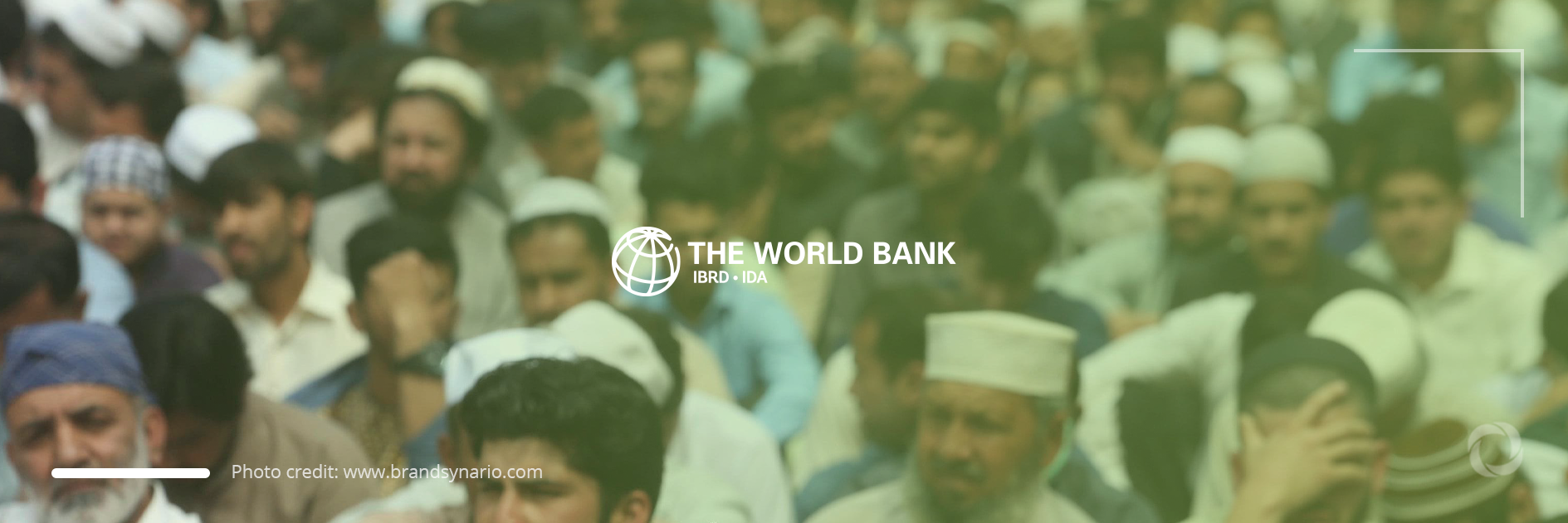The world’s fifth-most populous country, Pakistan, needs structural reforms to sustain its post-pandemic recovery and foster development. Hartwig Schafer, the World Bank (WB) Vice President (VP) for South Asia, approached this issue during his recent one-week visit to the South Asian country, according to a press release by the World Bank (WB).
Touching upon the new Country Partnership Framework (CPF), VP Schafer praised the broad support it enjoyed in the country as well as the directions it focuses on:
Economy & the power sector
The control measures adopted in response to the COVID-19 pandemic led to a collapse in economic activity in Pakistan by the end of 2020. The GDP growth is estimated to have contracted by 1.5% in the fiscal year 2020, according to the WB.
Given this situation, WB VP Schafer met Imran Khan, the Prime Minister of Pakistan, to discuss key reforms including the Government of Pakistan (GoP)’s ambitious plans for investing in human capital, social protection, and job creation as a catalyst for economic development.
The issue of ensuring a sustainable macroeconomic framework to encourage private investment and growth was also on the table.
While meeting Shaukat Tarin, Minister for Finance and Revenue, Omar Ayub Khan, Minister of Economic Affairs, and Hammad Azhar, Minister of Energy, VP Schafer stressed the importance of staying the course on the structural reform program launched by the GoP, particularly in the power sector and with respect to fiscal sustainability.
The official underscored that power sector reforms are critical for Pakistan to achieve higher economic growth and resilient recovery from the COVID-19 pandemic.
“The key issue for the power sector is to be on a financially viable footing to support the country’s green, resilient, and more inclusive development,” VP Schafer stressed.
COVID-19 support
As Pakistan is facing a new wave of the pandemic, reporting an average daily number of about 4,500 confirmed COVID-19 cases, the World Bank’s support for the country to overcome the situation is particularly important.
During his meetings with the Minister for Planning, Development, Reforms, and Special Initiatives and the Special Assistant to the Prime Minister on National Health Services, Schafer reassured them of the Bank’s continued support to finance the procurement of WHO-approved vaccines for Pakistan.
Earlier, the Bank had restructured the Pandemic Response Effectiveness Project (PREP) to provide US$153 million for vaccine financing. So far, over 5% of the country’s more than 225 million people have had both doses of the vaccine and another almost 18% have been given the first dose.
Social issues
Social protection was yet one more important issue broached during the visit.
At a meeting with Dr. Sania Nishtar, Special Assistant to the Prime Minister of Pakistan on Poverty Alleviation and Social Protection, VP Schafer was updated on the fundamental progress made in developing the social protection system of Pakistan. He reiterated the Bank’s continued support to the Ehsaas program which is crucial to help citizens in need to cope with the impact of the COVID-19 pandemic and other socioeconomic shocks.
Pakistan still experiences a high poverty rate (5.4% in 2020 compared to 4.4% in 2019), a high food insecurity rate (over 40% of households suffering from moderate to severe food insecurity) a high dropout rate (an estimated 22.5 million children in Pakistan are out of school, the majority of whom are girls) and high labor migration (about 11 million Pakistanis).
Climate
VP Schafer also acknowledged the GoP’s commitment to green, sustainable growth, de-carbonization, and clean energy, nature-based solutions, and climate-friendly development.
Although Pakistan contributes less than 1% of global greenhouse gas emissions, every year the country climbs up the ladder of climate vulnerability. The long-term German Watch Index regularly puts Pakistan among the top 10 climate-vulnerable countries across the world.
Meanwhile, the WB is preparing its new 5-year program of support for Pakistan i.e., the CPF for 2022-2026 and to this end, the GoP’s development priorities for the next few years were discussed during the various meetings.
Since 1950, the WB has provided US$40 billion in assistance to Pakistan. The WB’s program in Pakistan is governed by the Country Partnership Strategy for FY2015-2020 which focuses on four priority areas, energy, private sector development, inclusion, and service delivery.

